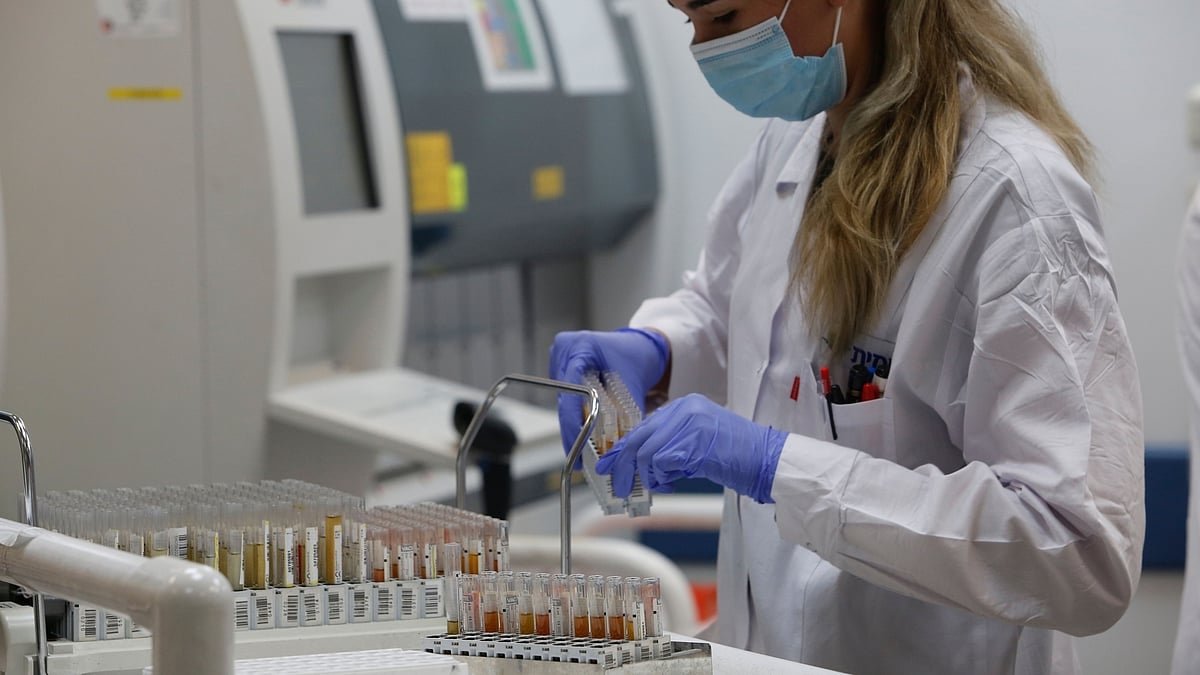Health
US researchers identify over 50 long-term effects of Covid-19
The researchers were surprised to also find a prevalence of neurological symptoms, such as dementia, depression, anxiety and obsessive-compulsive disorders

More than 50 long-term effects of Covid-19 have been detected, with mild to debilitating symptoms lasting for weeks to months after recovery, according to a study.
A study by Houston Methodist found that the most common of these lingering symptoms are fatigue at 58 per cent, followed by headache (44 per cent), attention disorder (27 per cent), hair loss (25 per cent), shortness of breath (24 per cent), loss of taste (23 per cent) and loss of smell (21 per cent).
Other symptoms were related to lung disease, such as cough, chest discomfort, reduced pulmonary diffusing capacity, sleep apnea and pulmonary fibrosis; cardiovascular issues, such as arrhythmias and myocarditis; and unspecific problems, such as tinnitus and night sweats.
The researchers were surprised to also find a prevalence of neurological symptoms, such as dementia, depression, anxiety and obsessive-compulsive disorders.
Published: undefined
For the study, published in the journal Scientific Reports, the team analysed 47,910 patients from 15 peer-reviewed studies conducted in the US, Europe, the UK, Australia, China, Egypt and Mexico.
They measured several biomarkers, including abnormal chest X-ray or CT scan, blood clot risk, presence of inflammation, anemia, and indicators of possible heart failure, bacterial infection and lung damage.
They found 80 per cent of recovered adults had at least one long-term symptom lasting weeks to months after acute infection with mild, moderate or severe Covid-19.
Published: undefined
In total, the team identified 55 persistent symptoms, signs and abnormal laboratory results, with most of the lingering effects similar to the symptomatology developed during the acute phase of Covid-19.
Identifying these same persistent effects across several countries, the researchers say their study confirms the burden of Long Covid is substantial and stresses the urgency of recognising these chronic complications, clearly communicating them to the community and defining therapeutic strategies to avoid long-term consequences from Covid-19.
The next phase of their research will focus on determining what makes some individuals more susceptible to Long Covid.
Published: undefined
Follow us on: Facebook, Twitter, Google News, Instagram
Join our official telegram channel (@nationalherald) and stay updated with the latest headlines
Published: undefined